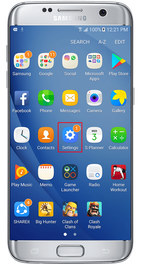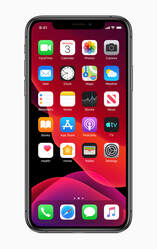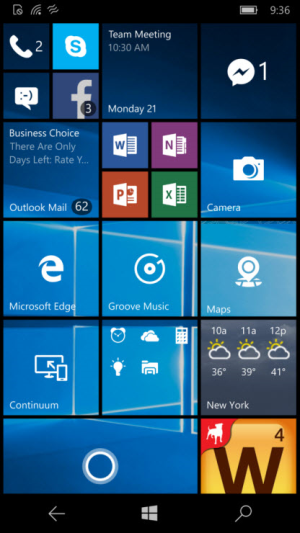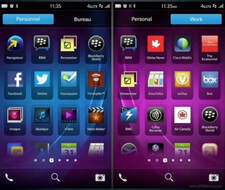|
Computer Science - Mobile Device Operating Systems
Numerous manufacturers produce smartphones and tablets, but almost all of them run one of four mobile-friendly operating systems: Apple iOS, Android, Windows Phone, or BlackBerry OS. The majority of mobile operating system interfaces include icons and full-screen programmes that you access by tapping the touch-sensitive screen, in contrast to the majority of desktop and laptop operating system interfaces that have menus, windows, and icons that you access with a mouse. Mobile devices come with operating systems that are stored on nonvolatile memory, or memory that keeps its data even after the device is turned off. Although you can install updates, a mobile device comes with a specific OS that you cannot switch to. Despite the fact that the iPhone and iPad have different screen sizes, Apple iOS functions in the same way on both devices. iOS is exclusively available on Apple hardware; it cannot be used with any other hardware. Android For mobile devices, Google created the Android OS, a Linux derivative. The free and open source Android OS is used by many more affordable phones and tablets. Icons are arranged on a home screen in Android, which has a similar interface to iOS. The vast majority of iOS apps also have Android equivalents. Windows Phone As a version of Windows for mobile devices, Microsoft creates Windows Phone. Rectangular tiles on the Windows Phone main screen can be resized, and you can enlarge the tiles for the programmes you use the most. Fewer developers produce versions of their apps for Windows Phone because it has not gained the same level of popularity as iOS or Android. You can find the Windows Phone OS on a range of devices because Microsoft licences it to a number of different hardware producers. Current Windows-based tablets use Windows 10 Mobile, a mobile-friendly version of Windows 10 (note the name change from Phone to Mobile). Windows RT, a tablet version that was once offered, has been discontinued. BlackBerry Exclusive to BlackBerry smartphone hardware, the BlackBerry OS is a proprietary operating system. The BlackBerry OS will only receive a few updates, according to the parent company of the operating system; BlackBerry has lost market share in recent years and is not anticipated to be further developed.
0 Comments
Leave a Reply. |
AuthorAnything you need to know about computer science Archives
May 2023
Categories
All
|




 RSS Feed
RSS Feed